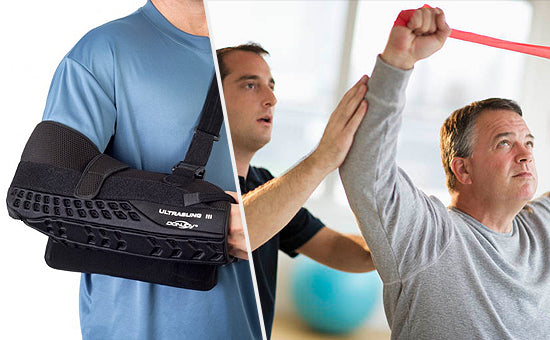Knee surgery can be a life-changing procedure, alleviating pain and restoring mobility. But with any surgery comes the inevitable question: how long will it take to recover? The answer, unfortunately, isn't a simple one. Knee surgery recovery time depends on a variety of factors, but this guide will equip you with the knowledge you need to navigate your post-surgical journey.
Types of Knee Surgery and Recovery Expectations
There are many different knee surgeries, each with its own recovery timeline. Here's a look at some common procedures:
- Arthroscopy: This minimally invasive surgery often involves removing debris or repairing minor tears. Recovery is typically quick, with patients returning to daily activities within days or weeks.
- Meniscus Repair: A torn meniscus is a common knee injury. Repair surgery usually requires crutches for a few weeks, with a return to normal activity within 3-6 months.
- ACL Reconstruction: The ACL is a major knee ligament. Reconstruction surgery involves replacing the ligament with a graft. Recovery is more extensive, often taking 6-12 months to regain full strength and stability.
- Total Knee Replacement (TKR): This surgery replaces the entire knee joint with an implant. While painful initially, most patients can walk with a walker within days and transition to a cane within 6 weeks. Resuming daily activities typically takes 3-6 months, with full recovery potentially taking a year.
Factors Affecting Knee Surgery Recovery Time
Beyond the type of surgery, several other factors influence recovery:
- Age: Younger patients tend to heal faster than older patients.
- Overall Health: Pre-existing conditions like obesity or diabetes can slow healing.
- Activity Level Before Surgery: Patients who were active pre-surgery often bounce back quicker.
- Surgical Technique: Minimally invasive techniques generally promote faster recovery.
- Post-Surgical Therapy: Dedicating yourself to physical therapy is crucial for optimal recovery.
Optimizing Your Knee Surgery Recovery
While recovery timelines vary, there are steps you can take to expedite the process:
- Pain Management: Follow your doctor's instructions for pain medication to stay comfortable and participate in therapy.
- Physical Therapy: Regular physical therapy exercises are essential for regaining strength, flexibility, and range of motion.
- Rest and Ice: Prioritize rest in the initial stages and apply ice packs to reduce swelling and pain.
- Nutrition: Maintain a balanced diet rich in nutrients to promote healing.
- Positive Attitude: Stay positive and focused on your progress.
We also recommend visiting our store for your post surgery recovery clothing need. www.renovamedicalwear.com
The information contained on this website is for informational purposes only and is not intended as a substitute for professional medical advice, diagnosis, or treatment.


Leave a comment
All comments are moderated before being published.
This site is protected by hCaptcha and the hCaptcha Privacy Policy and Terms of Service apply.